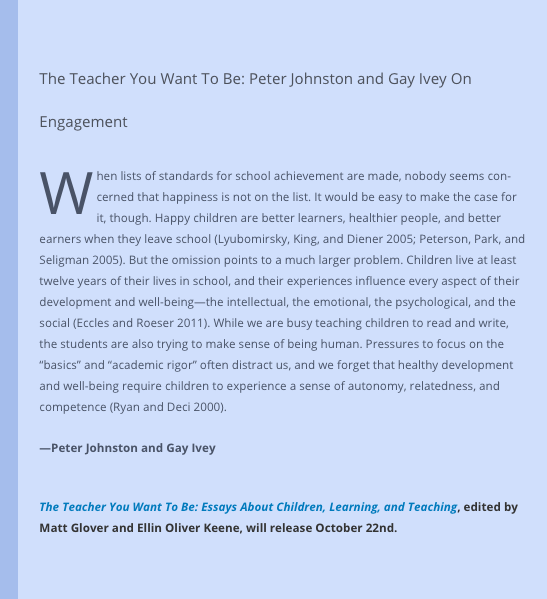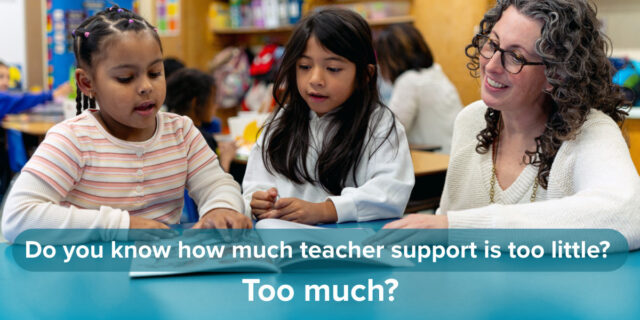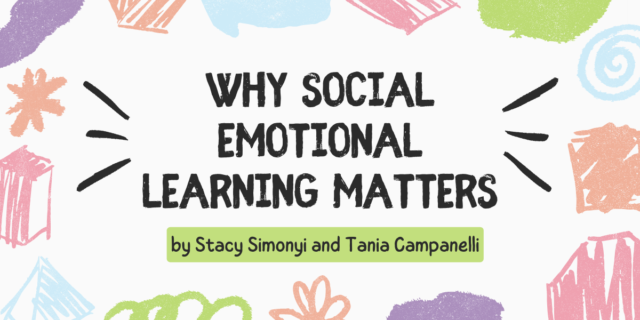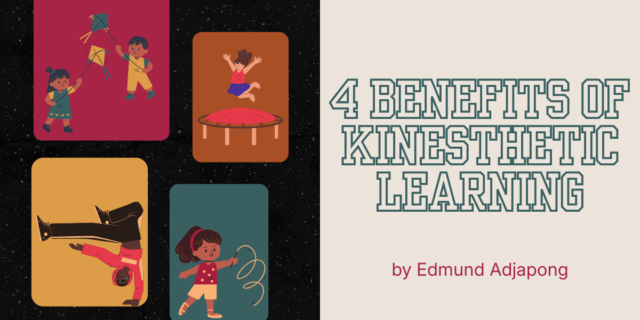
Welcome back to the Heinemann Professional Development Professional Learning Community (PLC) series.
Each month, we share 2 posts designed to provoke thinking and discussion, through a simple framework, incorporating mini-collections of linked content into your professional development time.
This month, our posts will help us build understanding of mindsets and practices that support positive school culture where whole-person learning and growth are honored for teachers and students alike.
by Jaclyn Karabinas
♦♦♦♦
![]() Connect
Connect
“I believe we internalize the voices—those that help and those that inhibit—from encounters with teachers, parents, coaches, friends, as well as detractors and critics.” -Tom Newkirk
Take a moment to think, write, or talk about the internalized voice you hear most often. How does it help or inhibit progress for your daily challenges? How does it impact your choices, your energy level, or your work as an educator?
![]() Consider
Consider
As you move through the content in this post, keep the following Guiding Question in mind: What shifts do you need to make in your own self-talk that will not only transform your inner-voice but enable you to model and become the inner-voice your students also need to thrive?
![]()
Educate
Watch this short video blog with Mindset for Learning authors Christine Hertz and Kristine Mraz. Take note of the importance they place on looking at one’s own practice as a teacher and human-being to make sense of how this transfers students’ metacognition of their own processes.
![]()
Reflect
Can you think of a recurring problem, pattern, or barrier that is pervasive in your work as an educator? It could be an area of self-doubt, a perceived instructional weakness, student responses to elements of the school day, undesirable behaviors, and so on. Give yourself the time to name and describe the problem, preferably alongside colleagues, so you can really shine light on the shifts that need to be made. Frame this a personal goal that you keep in mind alongside the guiding question.
![]()
Practice
In this next short video blog with Tom Newkirk, you will hear him talk about internalizing a “we can do this” voice, drawing from from his most recent title Embarrassment and the Emotional Underlife of Learning (2017).
Tom tells us that this shift in mindset is about self-generosity. It is about creating this voice in our head about what is going well.
Here is your challenge: spend three days making your primary focus generosity in your own self-talk and in your modeling of self-talk to your students or colleagues. Remind yourself to jot down reflective notes (try a notebook, simple recording app on your phone or use voice-to-text) to keep track of your observations along the way. What do you notice about your energy level? Productivity? Interactions with students?
![]()
Extend
In this last video blog, listen to Christine and Kristi as they share thinking about brain research that supports the idea that teachers and students can create new neural pathways to make these shifts in our thinking. Jot down your reactions to the idea that you can makes changes in your brain to support your goals.
![]()
Refine
Before you work to answer the guiding question, read this very brief excerpt by Peter Johnston and Gay Ivey from The Teacher You Want to Be (2015).
With your personal goal in mind, revisit the guiding question and make an attempt to answer it, whether in conversation with colleagues, journaling, or blogging: What shifts do you need to make in your own self-talk that will not only transform your inner-voice but enable you to model and become the inner-voice your students also need to thrive?
![]()
Act
It’s time to make these shifts in your self-talk and who better to join you than your colleagues AND your students? Decide on a time frame to keep this thinking we have gained from Tom Newkirk, Christine Hertz, Kristi Mraz, Peter Johnston, and Gay Ivey, at the forefront of your goals. Decide on a way to document your growth either through journaling, digital blogging, artwork, conversation, and more.
Take comfort in Tom’s words from his interview with himself as you embark on this journey: “...as teachers we experience “taboo emotions” that we have trouble admitting. It is actually uplifting to imagine that we all—every one of us—has these feelings. It’s part of being human. Inescapable. And that we have ways of dealing with them.”
>>> For Further Reading:
-
Full Podcast episode with Tom Newkirk: Embarrassment And the Emotional Underlife of Learning
-
Changing Deficit Language by Cohort #1 Heinemann Fellow Lisa Birno






